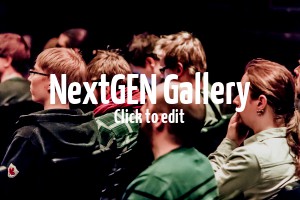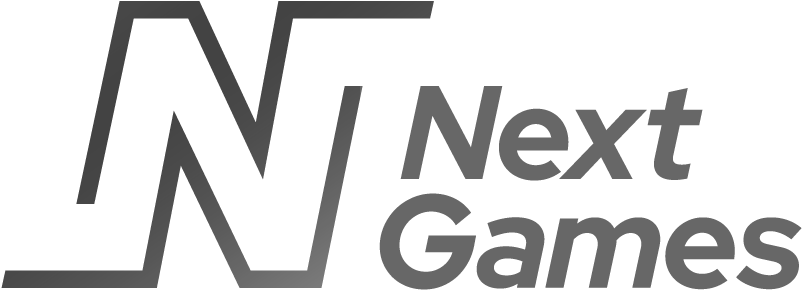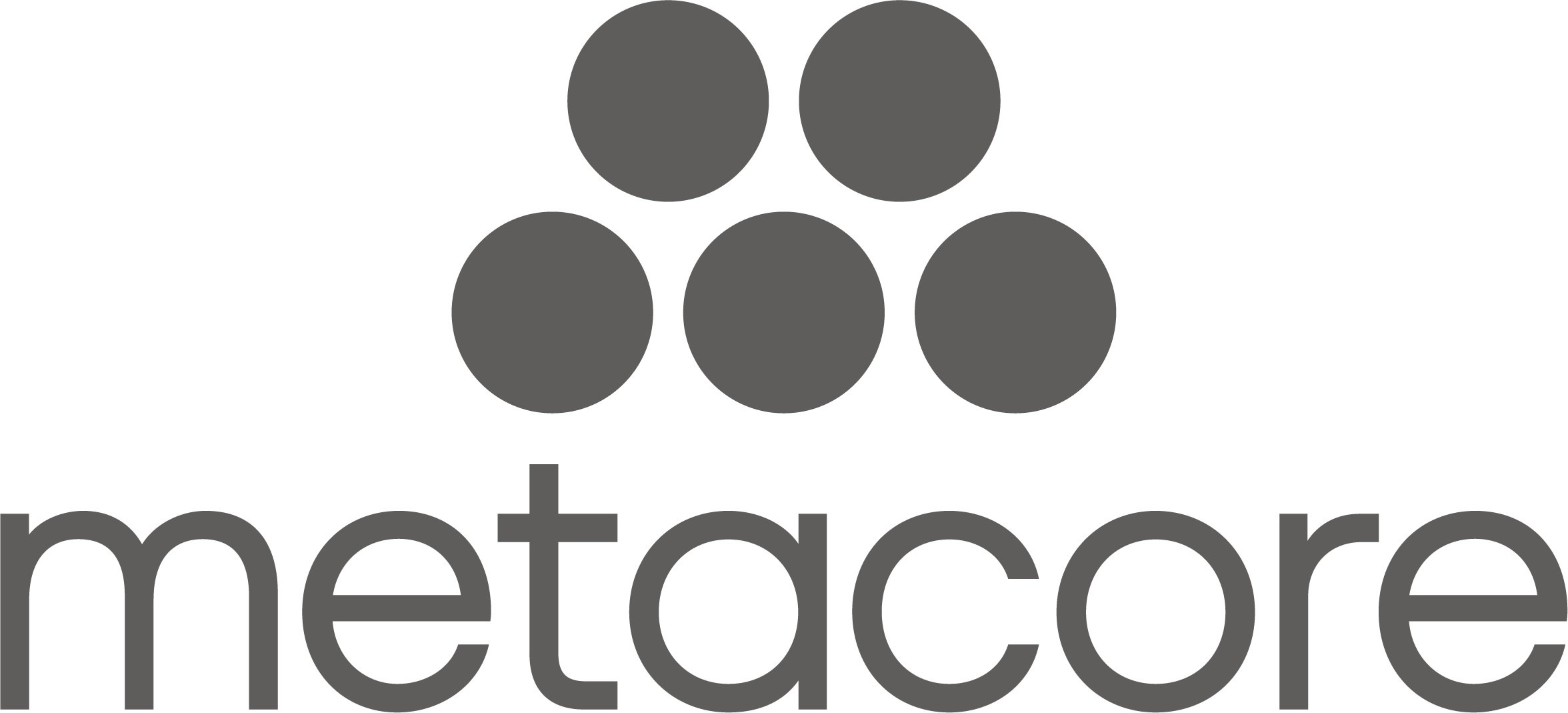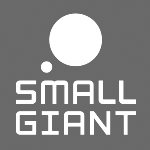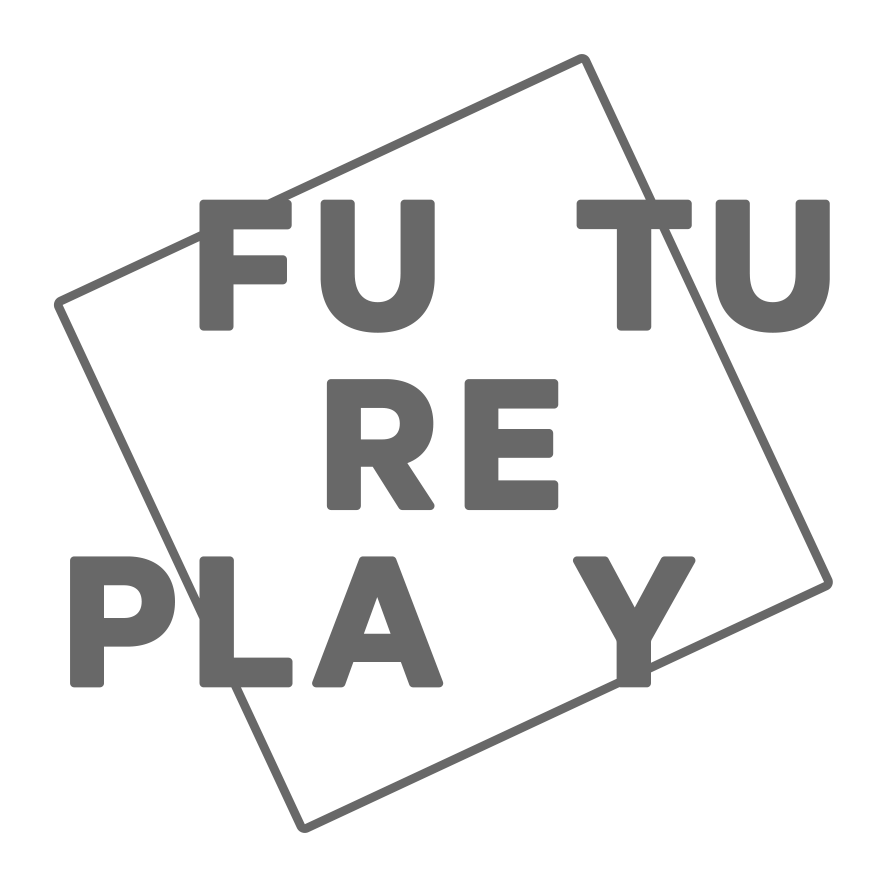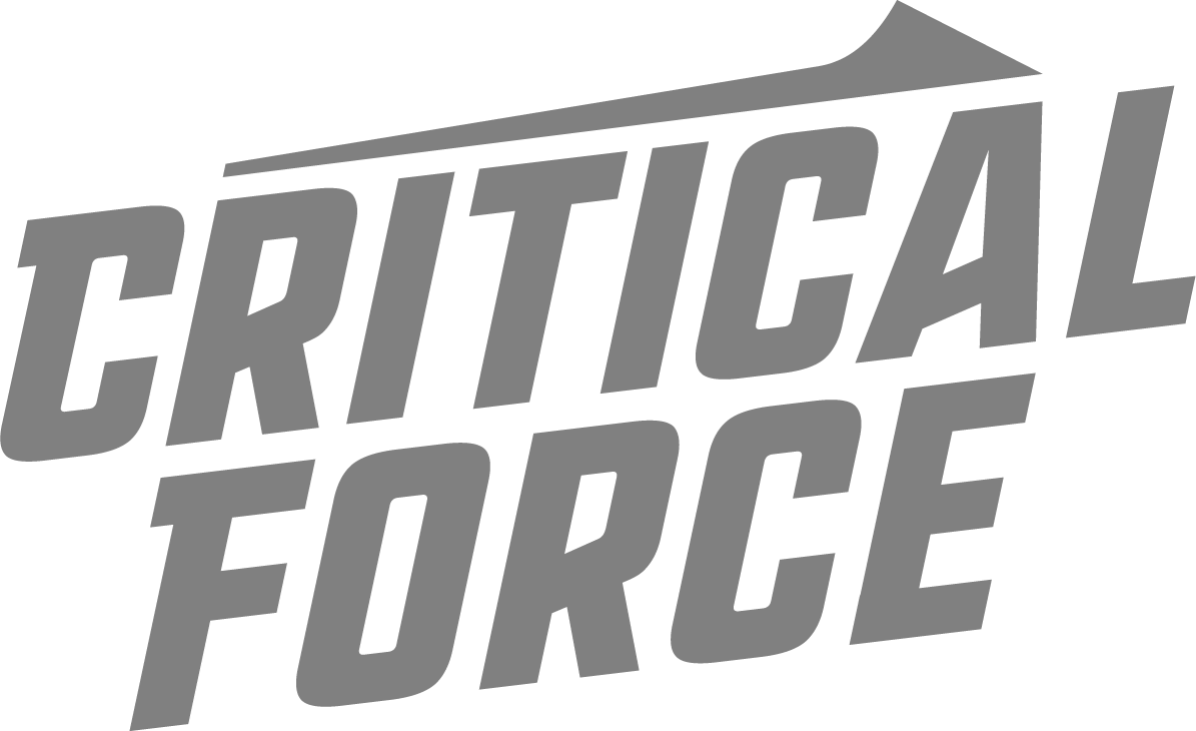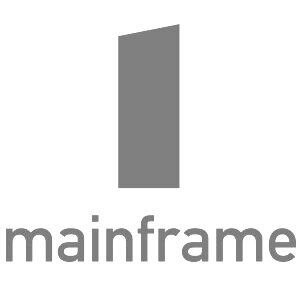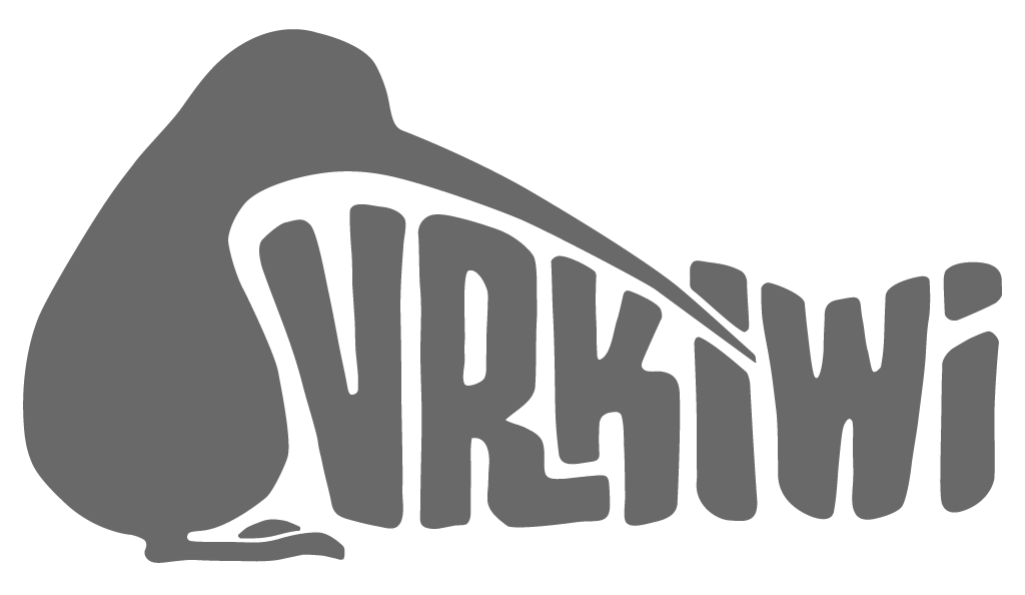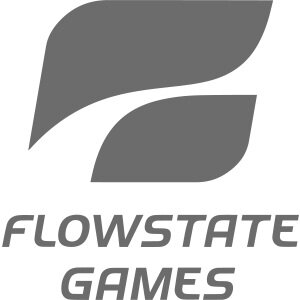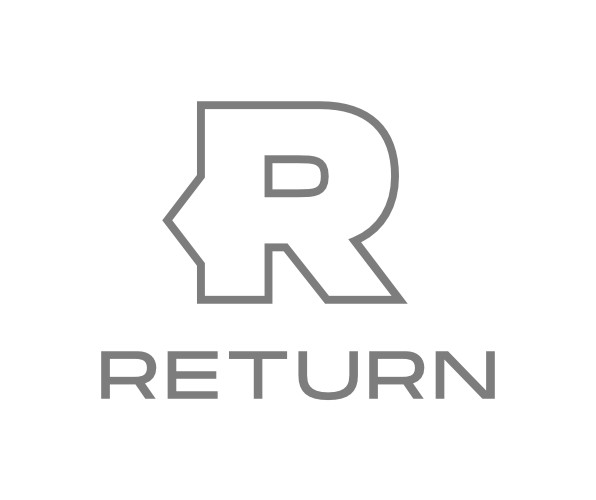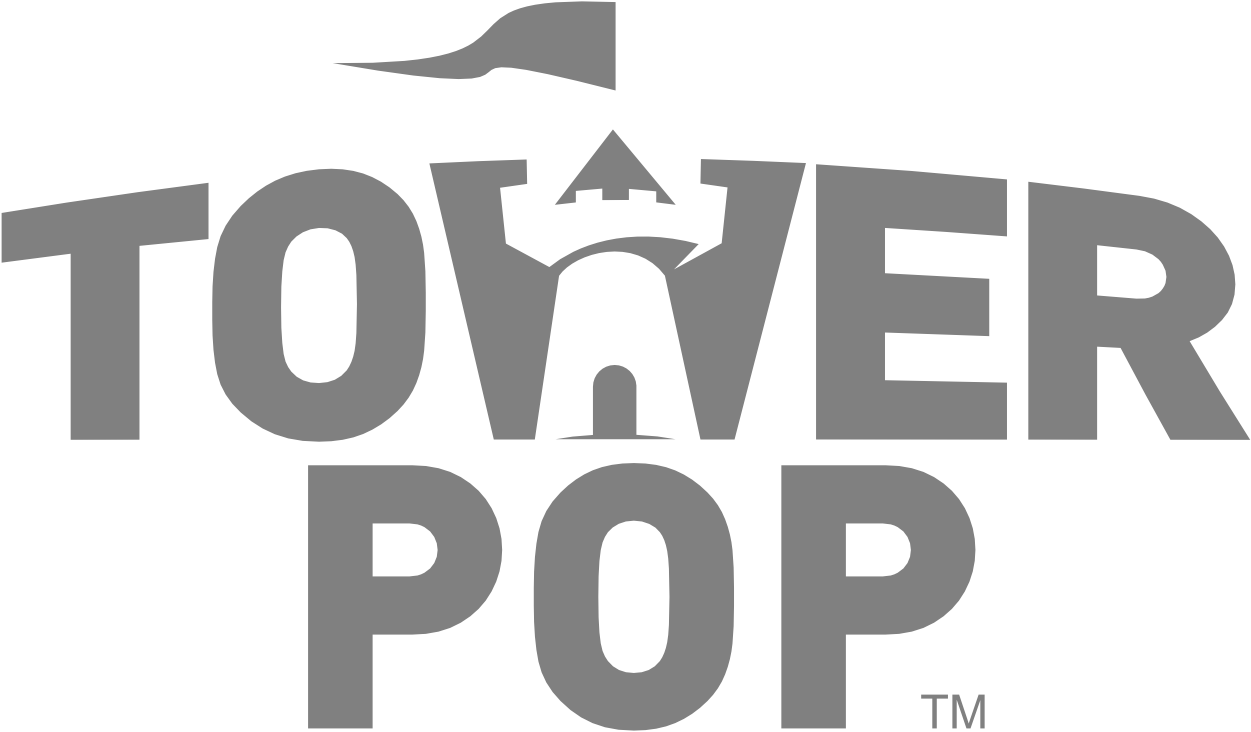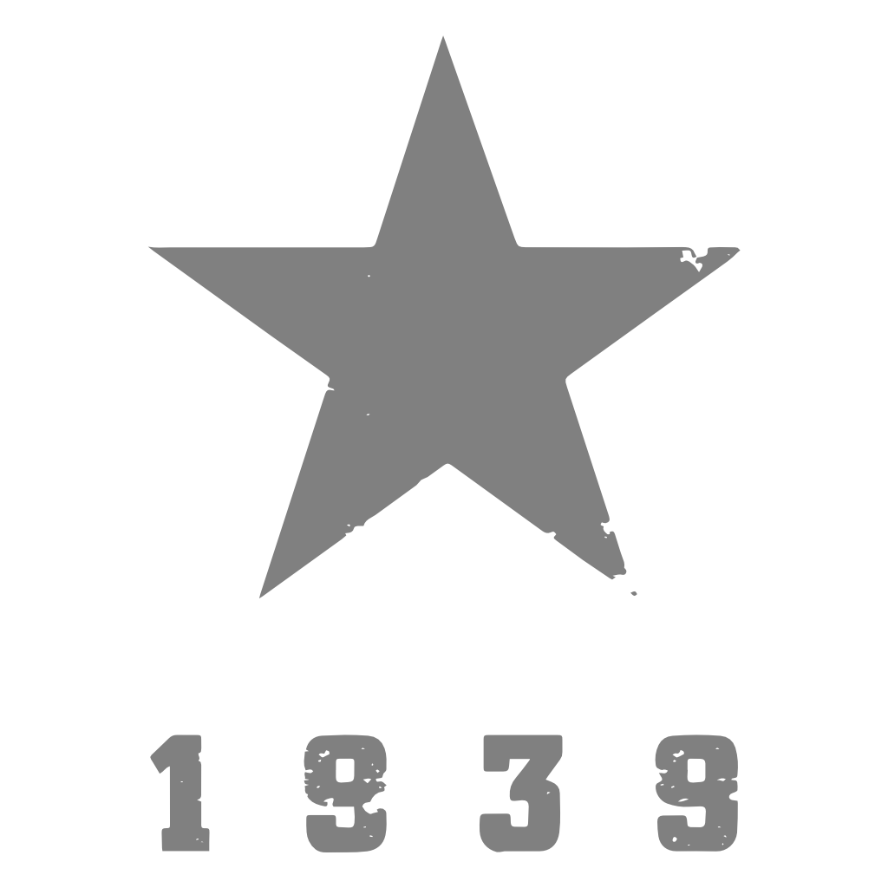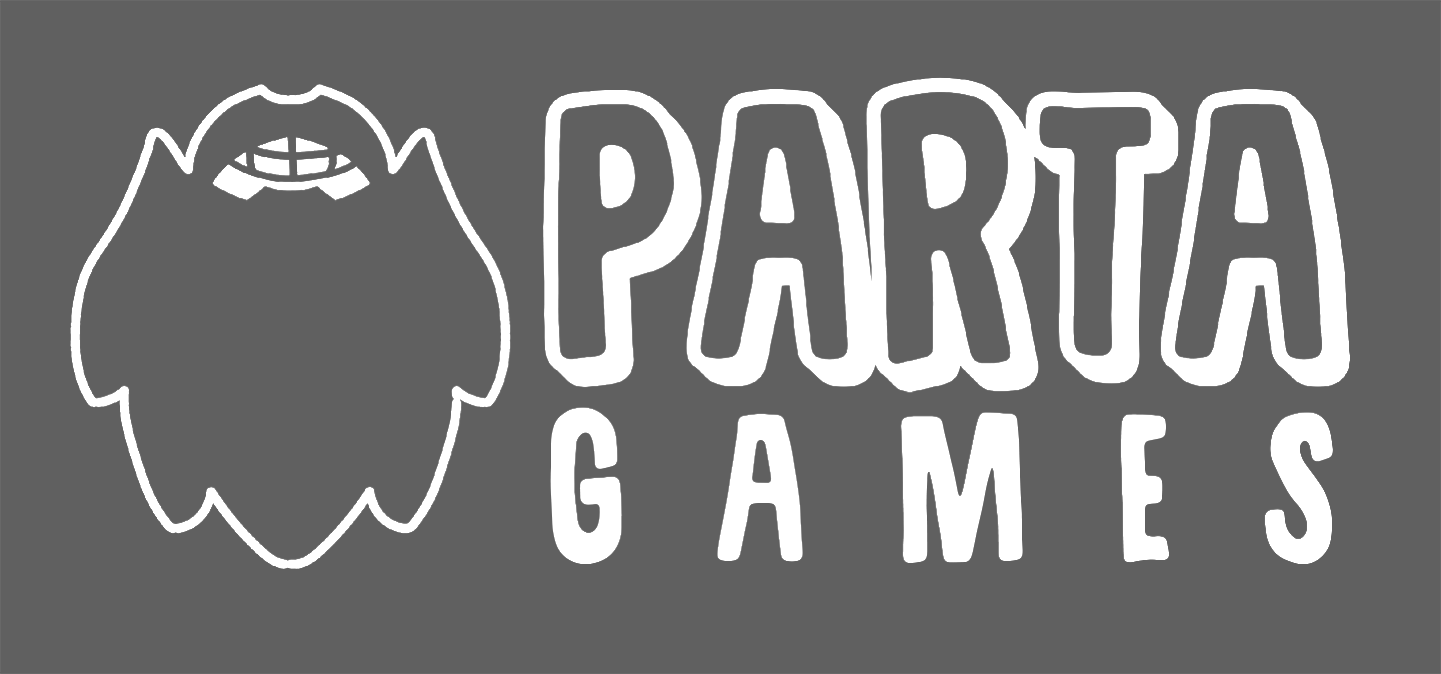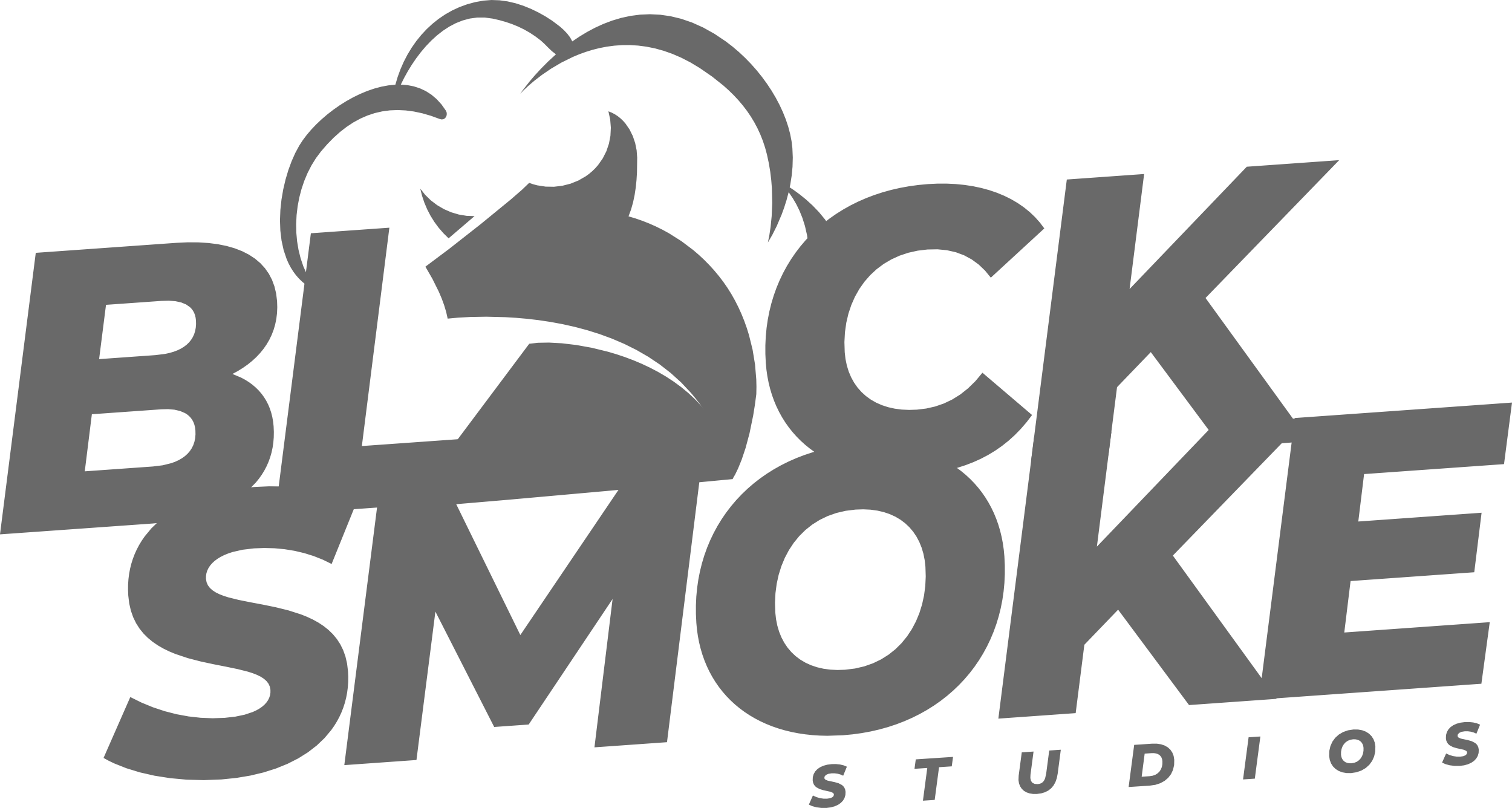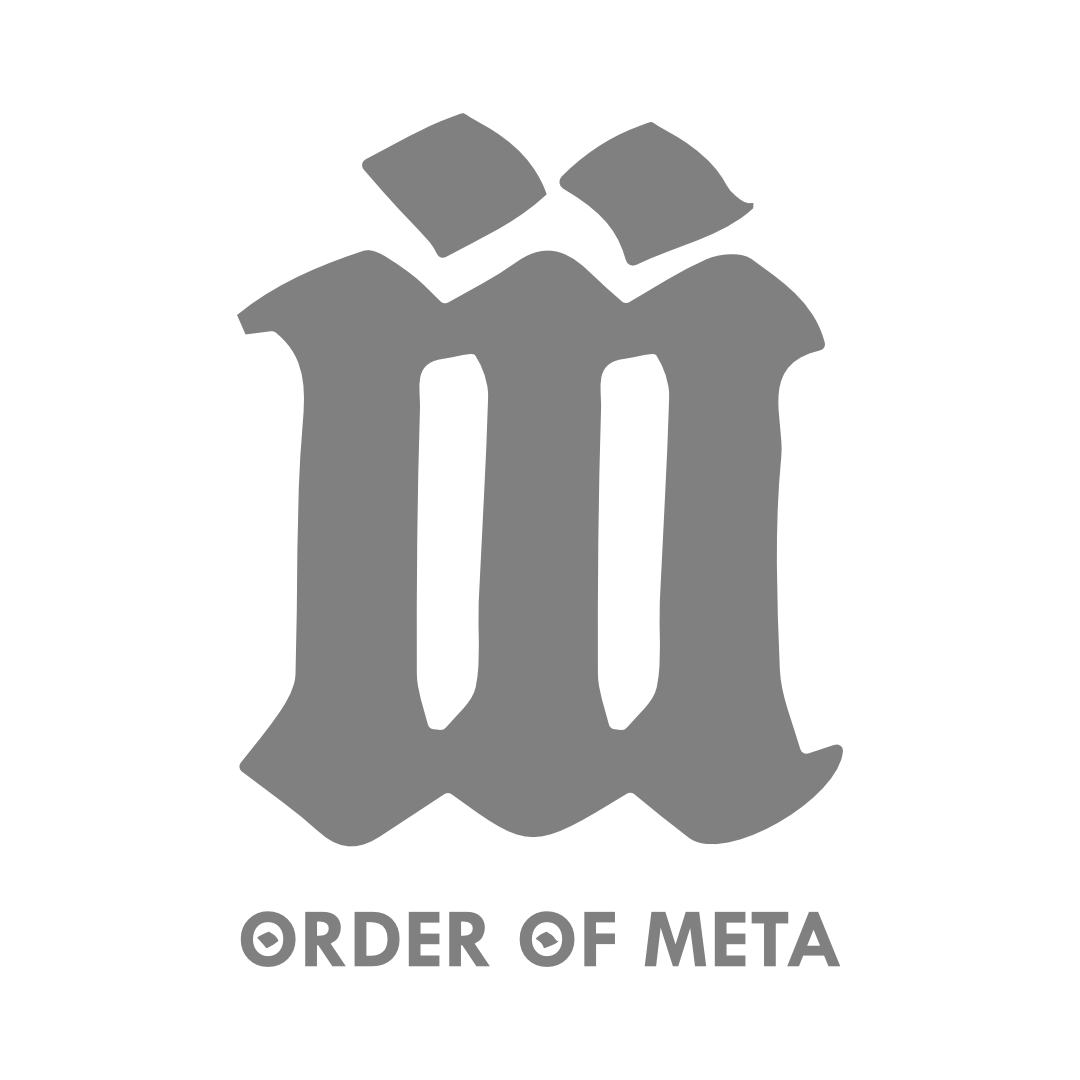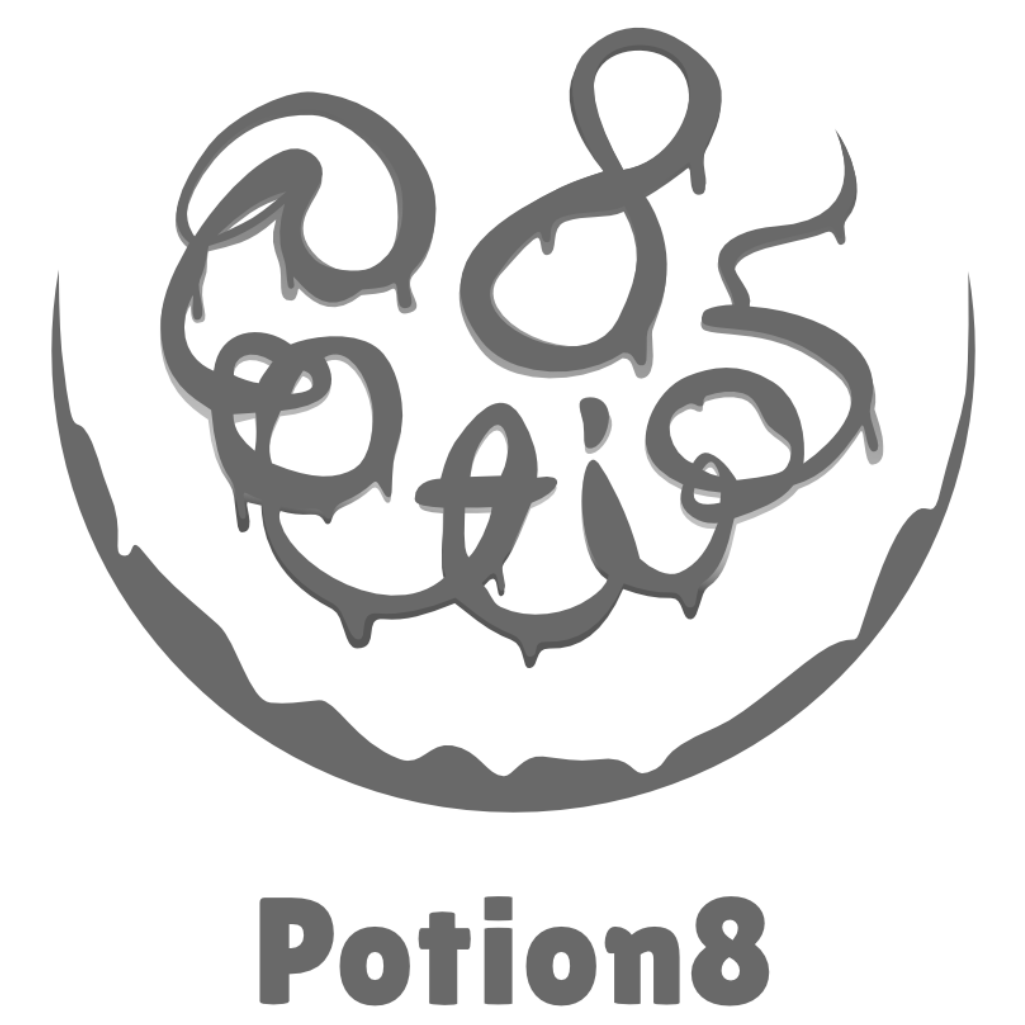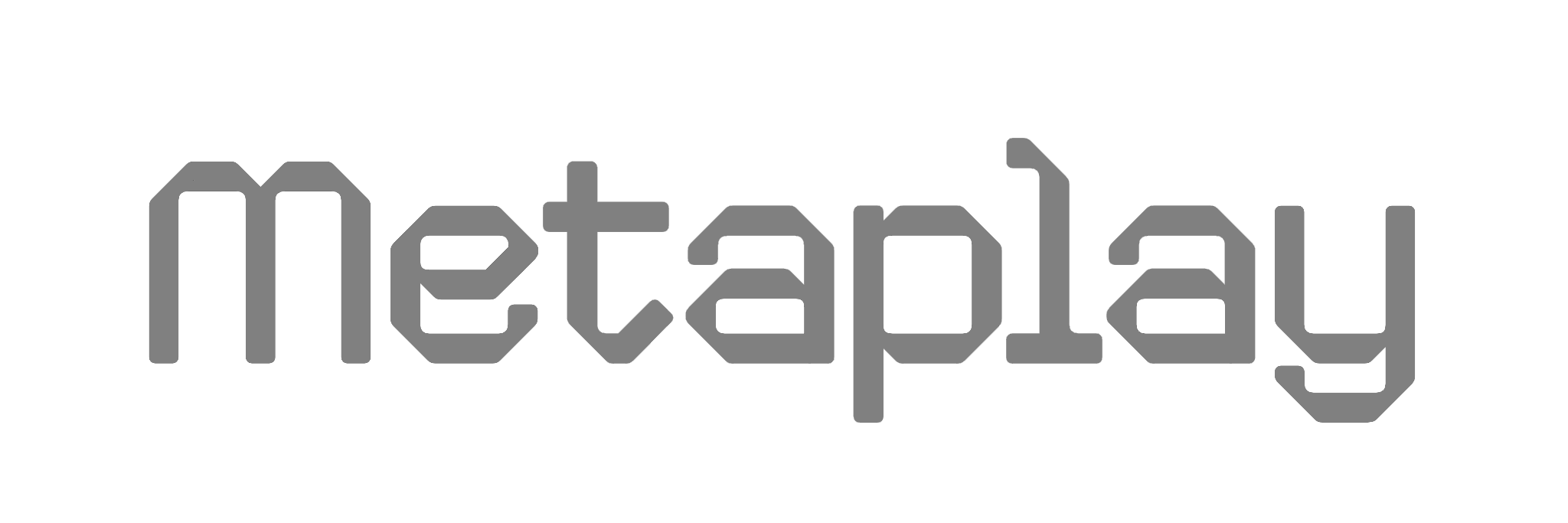IGDA Finland Seminars + February Gathering with King: The Aftermath
/Hello again! Time to recap the Helsinki February gathering! The atmosphere was very warm, with an impressive number of people having showed up to hear the pre-gathering seminar. We had King representatives talking about the company's new game engine Defold, as well as New Dawn and Housemarque to show us a teaser trailer of their upcoming documentary feature film, Name of the Game. While waiting for the Candy Crush Royalty to show up, we had a chance to set up a Pulla Crush of our own - King, our sponsor this month, had provided some delicious Shrove buns for the Almond team and the Jam team to battle over. ;)
The Defold Saga
Robert Käck, Mikael Säker, and Benjamin Glaser from King introduced us to King's brand new game engine, Defold. King acquired Defold, now a six-year-old company, two years ago. So far, Defold has been used for the King title Blossom Blast Saga, and a number of indie games.
The core idea around Defold is to create a lightweight game engine that would cut down the time spent fiddling with tools, and help you spend more time actually creating awesome games. Since most of the Defold devs come from AAA backgrounds, they know the importance of performance and scale - not just that of the games, but of the tools as well. Moreover, they wanted a tool that the entire team can use, from programmers to artists.
The engine itself will be very customisable. Capable of 2D and some nice physics out of the box, at its core Defold is 3D. The main scripting language is Lua, and all the features support fast and easy workflow. When restructuring folders, for instance, the engine keeps track of references for you. You can even make changes in scripts while running the game in the editor and see them take effect immediately! This is really good news for testing small tweaks. The builds for different platforms are also very fast, thanks to Lua.
There are some limits, of course – 3D and requires a little bit more effort and tinkering, and Lua as scripting language means you basically need to go low-level to create AIs. Currently the devs are working on a new, better editor view and engine expandability.
Sharing is caring
King is releasing Defold to the open public for free. There will be no premium versions, the engine will be the same inside and outside the company. When asked why, the answer was "because we can". Openness also maintains positive pressure to keep up great quality and discourages trick solutions.
The engine is currently at invite phase, and there are invites available for IGDA people here. Defold will be officially published at around GDC this year.
Vote Finnish in IGDA elections!
Vesa Raudasoja was applauded to the stage to remind the audience of his nomination to IGDA Board of Directors. Mr. Raudasoja feels that while IGDA is the largest game developers' association in the world, it is very US-centric. Mr. Raudasoja would like to offer global perspective and unite the European game front. If you are a member of IGDA, exercise your right to vote!
Name of the Game
Last but not least, we got a teaser sample from Name of the Game. What started as a marketing video about Housemarque's still very hush-hush game project collaboration with the arcade game legend Eugene Jarvis has now turned into a full-length film production.
The New Dawn camera crew has been following the development process for 18 months now, and while Mikael Haveri, the Head of Self Publishing from Housemarque told us that at first they felt a bit shy and may have needed a beer to relax in front of the cameras, they have now become a natural part of the process. We can attest to that, having seen his butt in some epic ice swimming scenes!
The film will follow the key moments of the project, but it also dives into the lives of the devs outside the project. Release is expected after the game – still unnamed – is released, but we can't wait to see the result!
If you missed the presentation, you find the trailer and more info here.
Photos by Daniel Schildt
That's that for this time! Hope to see you in March!


